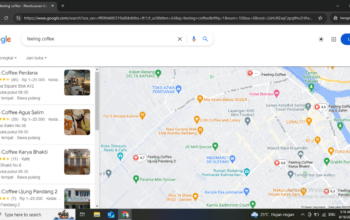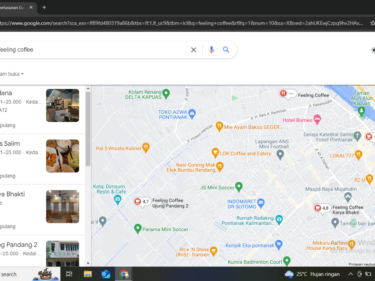What Does it Mean to Subrogate Someone Else’s Mortgage?
However, there may be another alternative: subrogate someone else’s mortgage. Today in the article we explain what it consists of and what advantages this practice has.
Subrogating another person’s mortgage or transfer the mortgage to an additional person, consists of assuming another individual’s mortgage loan. In other words, it is something as simple as changing the owner’s mortgage while maintaining the same previous conditions.
This practice is very common in those cases in which a buyer wants to acquire a property with an outstanding loan. However, it is not always possible since it is not enough for the seller and the buyer to reach an agreement. To subrogate another person’s mortgage, the approval of the bank is necessary.
Profile Analysis
When it comes to subrogating someone else’s mortgage, it is the bank that has the upper hand. The mortgage law says that it will be the entities that decide whether or not to accept the new debtor. Therefore, before doing so, they study your financial profile as if it were a new client.
Only after passing the delinquency, indebtedness and solvency filters will the bank agree to change the owner’s mortgage. In the event that the lending entity does not accept us as clients, we will not be able to subrogate the mortgage to another person.
Does this mean that we will not be able to buy a flat? It doesn’t have to. The criteria of each entity are different. Even if the seller’s bank does not accept us, there may be another entity that is willing to grant us the loan. But, we will not be able to enjoy the advantages of surrogacy.
Why Subrogate The Mortgage to Another Person?
As you can see, if the mortgage cannot be subrogated to another person, there are alternatives. The seller can settle the amount of the debt and as a buyer you can leave the search for your mortgage in the hands of a team of experts. However, if you are wondering how much it costs to change the owner of a mortgage, we have to tell you that this option will imply that both the seller and the buyer assume costs that can be avoided with subrogation. It is therefore worth knowing what costs we would avoid with the change of ownership:
- Cancellation expenses: By changing the owner’s mortgage, the seller will avoid paying the cancellation expenses of the loan since it will continue to exist.
- Opening commission: This commission is usually paid at the time of constituting a mortgage loan. By subrogating the mortgage to another person, the loan already exists, so we will save said commission.
However, there are some expenses that will continue to exist whether we subrogate or establish a new mortgage. Among them are:
- IAJD: Since June 2019, this tax is only paid if a home is acquired for a purpose other than first home or habitual residence, this tax must be paid.
- Appraisal: Despite taking on an existing loan, an appraisal will still be required. Banks need to establish again the real value of a property to study what is the maximum money they can lend. If the outstanding loan represents more than 80% of the appraised value, the bank will reject the change of debtor.
What’s Wrong Then?
It is evident that subrogating the mortgage to another person can save us a lot of headaches. However, not everything is white and not everything is black. As always, every financial transaction has its good points and its not so good points.
Although we cannot tell you exactly how much it costs to change a mortgage holder, it is true that by changing the mortgage holder we save endless expenses, it is also true that we must accept the initial mortgage conditions. In other words, we will not be able to negotiate the interest rate, the term or the established clauses.
It may be that, due to our profile, we are interested in a fixed-rate mortgage, and it turns out that the initial mortgage was at a variable rate. Perhaps we plan to amortize the mortgage in a few years, but the amortization commission is very large. Perhaps the same financial institution today offers much lower rates than the initial ones. Or we may simply want to change the bank mortgage. (DW)
Follow BloggerBorneo.com @Google News























